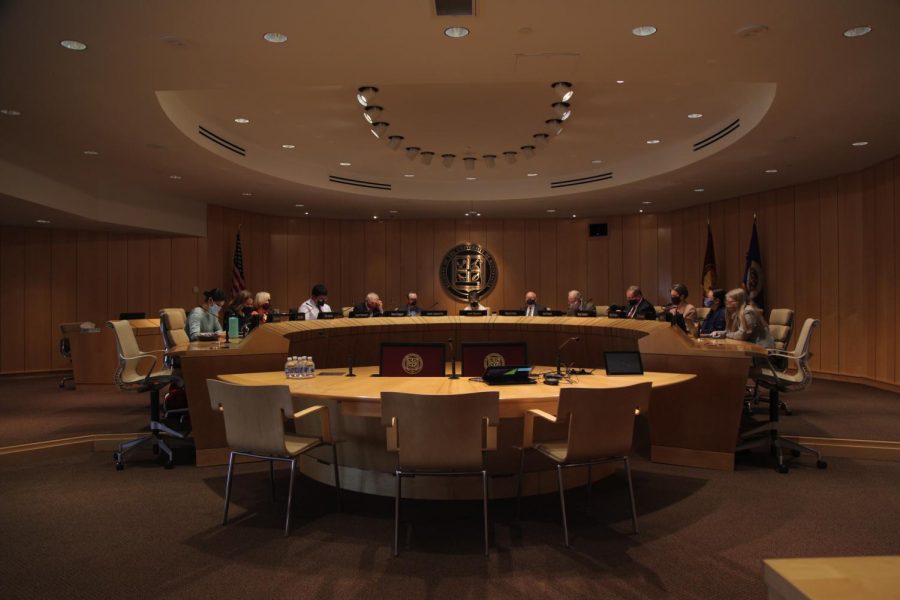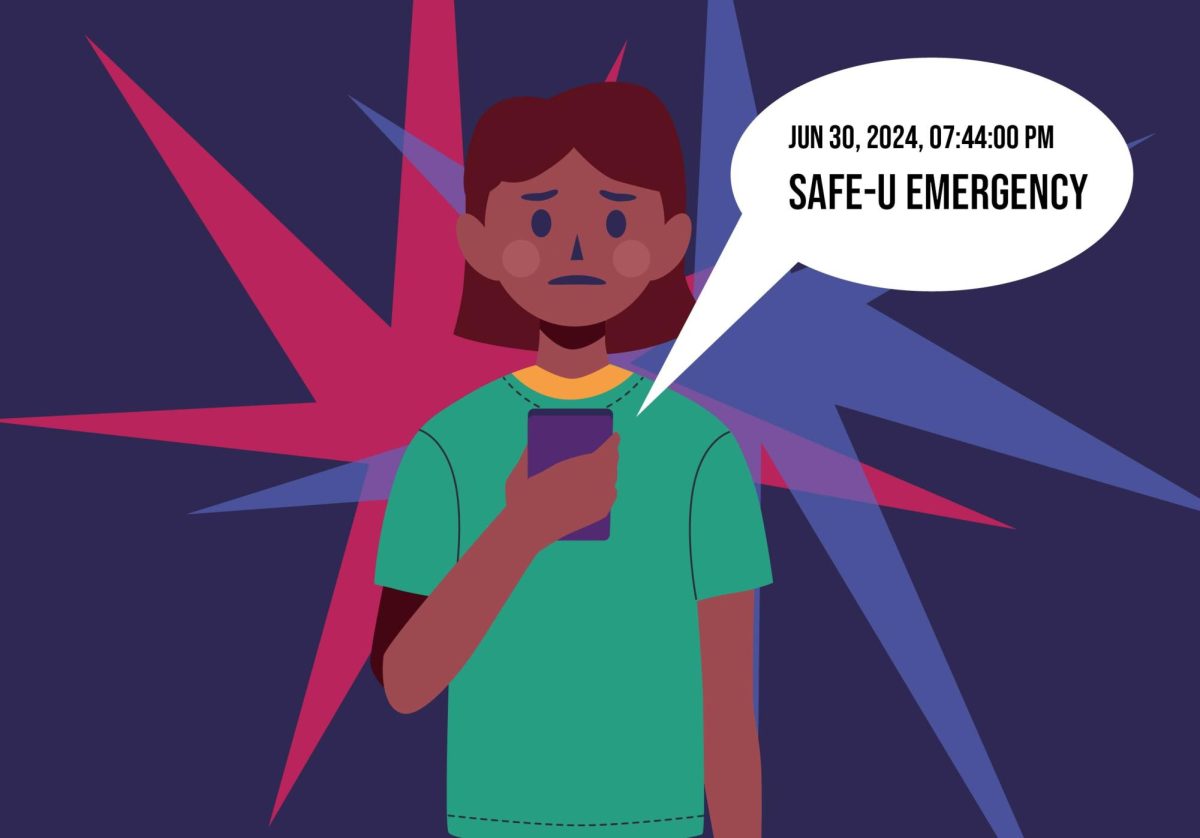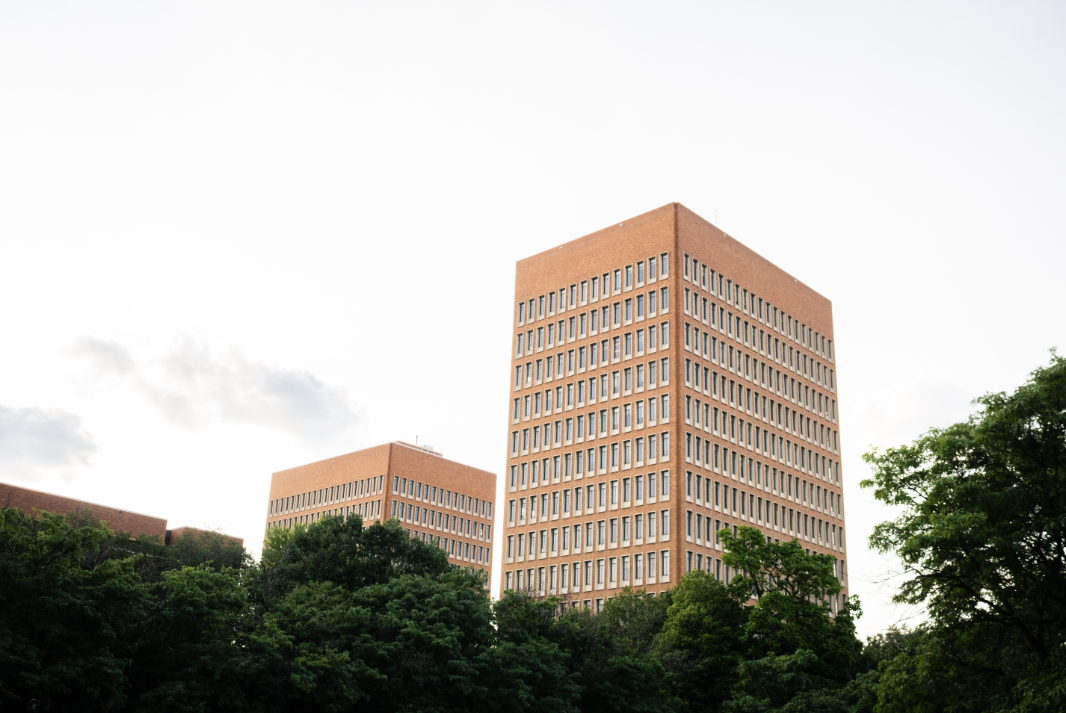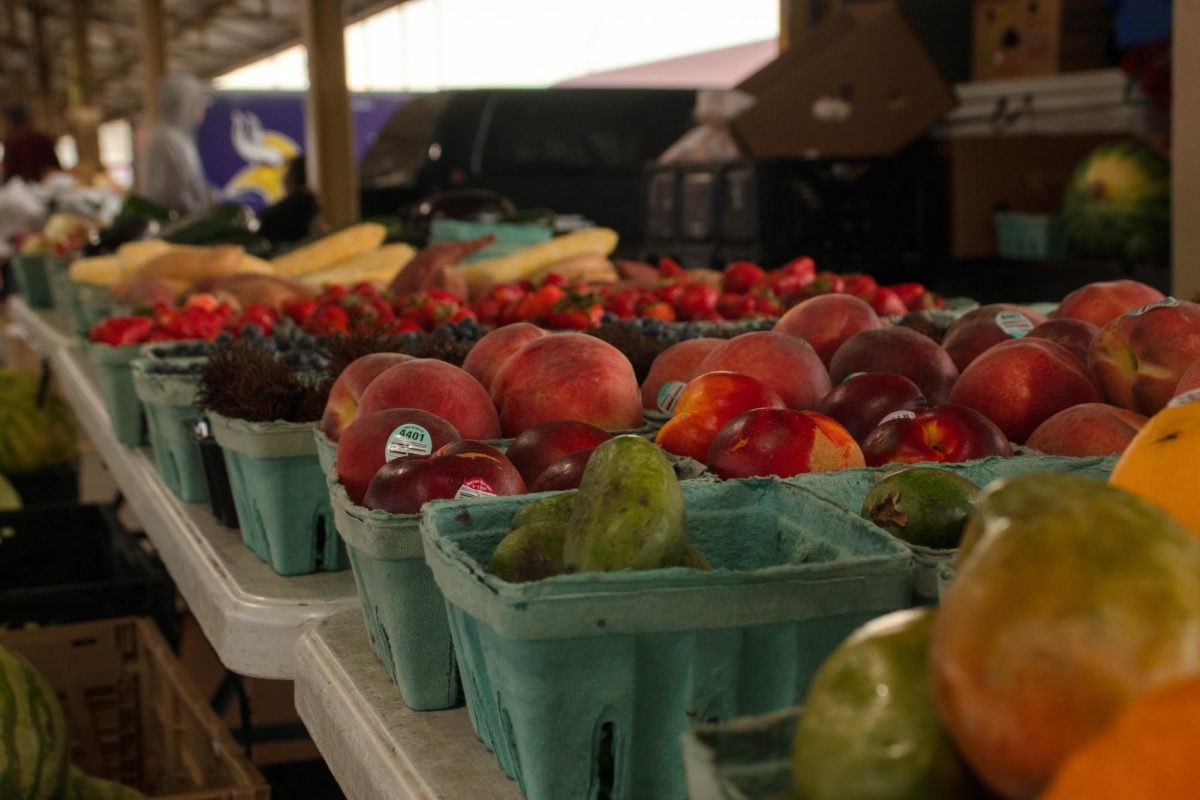The University of Minnesota Board of Regents approved a 3.5% tuition increase on Thursday, a motion that comes during a period of inflation and financial instability for some students.
The tuition increase falls below the current national rate of inflation of 8.6%.
The increase is part of the recommended Annual Operating Budget proposed by President Joan Gabel, which includes a 4-8% increase in the room and board costs and a 3-5% increase in other operating costs.
“None of us are thrilled with the tuition increase at 3.5%,” Board Chair Kendall Powell said. “I think the fact that we landed it well below inflation … I can live with that.”
Regent Doug Huebsch said the tuition increase is important because it allows more money to be allocated to students.
“This budget has a good balance between tuition increase and wage increase and we need both,” Huebsch said.
Although a majority of board members approved the tuition increase, there were multiple concerns highlighted by regents and student representatives.
Regent Darrin Rosha said the increase will affect students’ finances in the long term. An increase in tuition combined with money from student loans is causing students to graduate with a large sum of debt, according to Rosha.
“I can’t support a budget that provides an increase in tuition when we are already this far out of line,” Rosha said.
Flora Yang, a student representative, said student wages are “insufficient” when put in comparison with tuition increases, even with a recent increase to $11 per hour for student workers.
“These issues are making it difficult for students to stay enrolled,” Yang said.
According to Yang, 85.5% of students at the University are concerned about financial problems, money and the economy.
Board Vice Chair Steve Sviggum said a decrease in tuition would lead to reductions in other parts of the budget, such as reducing the amount of money reserved for system-wide needs and from the public safety budget. He also suggested taking $28 million from the Promise Scholarship to reduce tuition.
“There is a consequence that we have to have for services and programs provided to our students,” Sviggum said.
Campus safety
The board also discussed the University’s commitment to public safety around campus amid concerns of ongoing crime, citing a recent incident on University Avenue as an example.
Gabel highlighted improvements to student neighborhoods around campus, putting emphasis on the establishment of the RAVE app and the Code Blue Emergency Phones. The University is also working toward hiring more police officers and safety ambassadors, Gabel said.
Native American Affairs update
Since the establishment of the Native American Promise Tuition Program, there has been a 16.7% increase in confirmed Native American enrollment on the Twin Cities campus. Karen Diver, senior advisor to the president for Native American Affairs, and Tadd Johnson, senior director of American Indian Tribal Nations Relations, presented the numbers to the board at Friday’s meeting.
The tribes have been receptive to the program and the goal is to increase enrollment and create communities for Native American students on campus, Diver said.
“[The students] need to find a home and a safe place,” Diver said. “At an institution like this, they have an extra burden of being representational.”
NXT GEN AG
A new agriculture program called NXT GEN AG will begin in spring 2023 developed by the Educational Leadership department, the College of Food, Agricultural and Natural Resource Sciences, the Crookston campus and Google.
Designed to meet the needs of rural students and employees in their respective communities, the program will allow students living in rural communities to complete a bachelor of science in agriculture and develop their professional skills.
The program will use Google software to help students and faculty identify highly-demanded professional skills. The software will also track skill development.
Students enrolled in the program will work with a student success coach who will assist students in achieving their goals related to a career in agriculture.



























